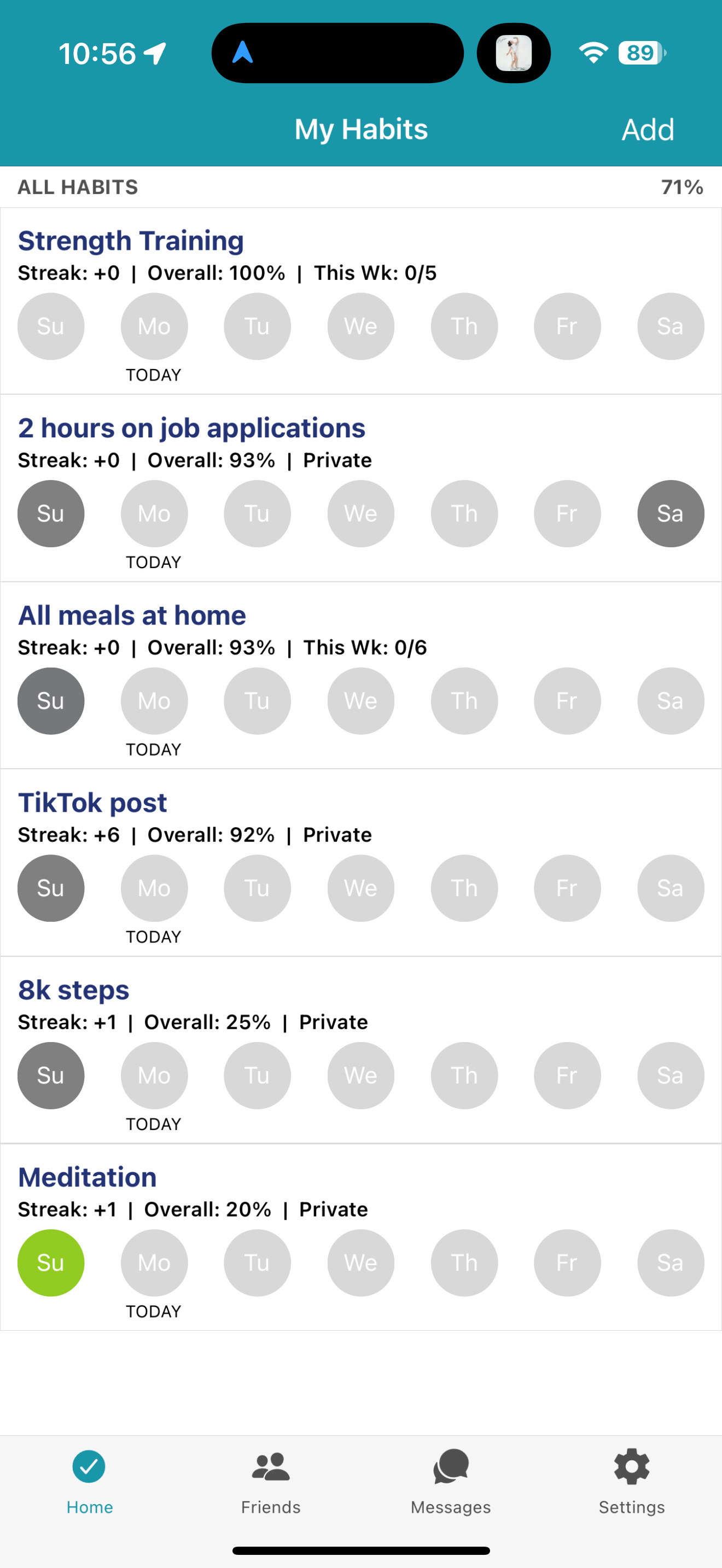July’s Living A Better Life Resources
This month we're finding balance in a world of overcomplication.
A Note to My Beloved Readers: A rigid paid model with scheduled, exclusive content doesn't align with how I want to create at the moment. The two marquee series of this newsletter, Living A Better Life Resources and Expert Q+As, will continue appearing every first and second Tuesday. Beyond that, I'll publish pieces as inspiration strikes throughout the month. (Don't worry, I’m not going anywhere! You'll actually be hearing from me more often.)
If you value this work, please consider a paid subscription to support what has become a true labor of love—and a currently unemployed writer who pours everything into this platform 🥹🩷.
Sometimes, you need to do less.
Our society glorifies unnecessary complexity. People who juggle 15 different apps and systems rather than those who get things done with a simple notepad are celebrated as productivity gurus. Influencers who post a 2-hour, 12-step morning routine get more praise and attention than the simple advice to “have a glass of water when you wake up and go for a walk.” Complicated supplement stacks and biohacking protocols are seen as more advanced than basic healthy habits like eating a variety of whole, nutritious foods. The irony is that the most successful people and systems often rely on elegant but simple processes that aren’t frequently highlighted because they aren’t sexy enough.
July’s Living A Better Life Resources explores the delicate balance between finding what serves us and falling into the trap of over-engineering our lives. From understanding the science behind our behavioral patterns to rediscovering the power of things we already own, these findings remind us that effectiveness often lies in doing what matters with intention and clarity.
This Book On The Science Behind Living A Better Life
Neuroscientist Nicole Vignola's Rewire is a blueprint for those who know that faith without works is dead. Becoming the person you want to be is a complex process complicated by the systems that impact us daily. Still, we do have agency in this world and the ability to do the best we can with what we got. Rewire acknowledges that balance of power.
The book is a personal guide to understanding the science behind why we're subconsciously programmed to repeat certain habits and how we can change any behavior we’d like. Vignola demystifies neuroplasticity and provides practical "neurohack" methods for changing behavioral patterns, helping you control how you react to life's challenges, from regulating stress response to overcoming self-limiting beliefs. These hacks are also simple, and most of them are free. Vignola frequently points to the physiological sigh and journaling as primary methods for responding to stress and increasing neuroplasticity. One helps you reduce stress and improve your mood, and the other enables you to craft your experiences into a meaningful narrative from which you can make sense of and grow.
This Article on Leading a Meaningful Life Through Storytelling
Speaking of journaling and creating healthy narratives, this Scientific American article explores how developing storytelling abilities can enhance life meaning and personal fulfillment. The piece examines the psychological research behind why crafting and sharing narratives helps us make sense of our experiences, build stronger connections with others, and create coherence in our life journey. By understanding how to structure our experiences into meaningful stories, we gain tools for processing difficult events, celebrating successes, and communicating our values more effectively. The research also suggests that people who can articulate their life story with clarity and purpose report higher well-being and life satisfaction levels.
This Episode of She’s So Lucky (formerly known as Balanced Black Girl)
The Truth About High-Functioning Depression with Dr. Judith Joseph scratched the inside of my brain and made me feel very seen.
Dr. Joseph and host Les discuss how successful people who appear put-together may be struggling significantly with their mental health—a fact that hits home for me and many other high-achieving women. Since this type of depression doesn't always present with the commonly recognized symptoms—many of us aren’t bedridden, and we often hit major milestones amid a depressive state—it can be harder to identify and address. Dr. Joseph explains the subtle indicators of depression that might be missed, including anhedonia (the inability to feel pleasure or joy in once enjoyable activities). The conversation also covers practical approaches for working through this lack of joy if you’re unable to access mental health care.
This Simple Habit Tracking App
I have a love-hate relationship with habit tracking. On one hand, I appreciate how it creates accountability and awareness around my actions. There's something powerful about seeing what I prioritize when chasing a goal. But on the flip side, it can send me into a bit of a spiral. Like so many wellness tools, habit tracking has this sneaky way of becoming unnecessarily complicated, turning what should be a simple practice into yet another thing to obsess over and perfect. So when I found the HabitShare app, I was thrilled with its simplicity.
It’s a simple checklist that gives you valuable data—a streak and a completion percentage, both of which let me know where I stand with my habits. So when I do my weekly check-in with myself, I can easily see that I haven’t been walking or meditating lately, before I reflect and reassess. HabitShare also allows you to add friends for extra motivation and accountability!
This Video on Reducing Software Bloat
Speaking of over-complication, I came across a YouTube video where a creator moved his entire productivity system into Apple Notes to remove himself from the complexity of Notion and Obsidian and reduce the number of apps he needed to open into to get shit done.
I felt that, as someone who also had multiple apps for multiple things. Moving beyond basic note-taking, the creator demonstrates advanced features like toggle lists for organizing complex information, collaborative coworking capabilities, and smart subfolders for better organization.
If you use Notion, like I do, you know it’s not great on mobile or iPad. I also keep a database of every content idea I have—deadass, I do—and links to share with y’all, texts to send, or things to do. I found myself putting that stuff in the Notes app and moving it elsewhere, so I just decided to spend an hour or two organizing Notes to reduce the bloat and simplify my processes. I still use Notion for more complex needs like tracking my job applications, but I enjoy this simpler way of capturing thoughts and whatever else pops up.




